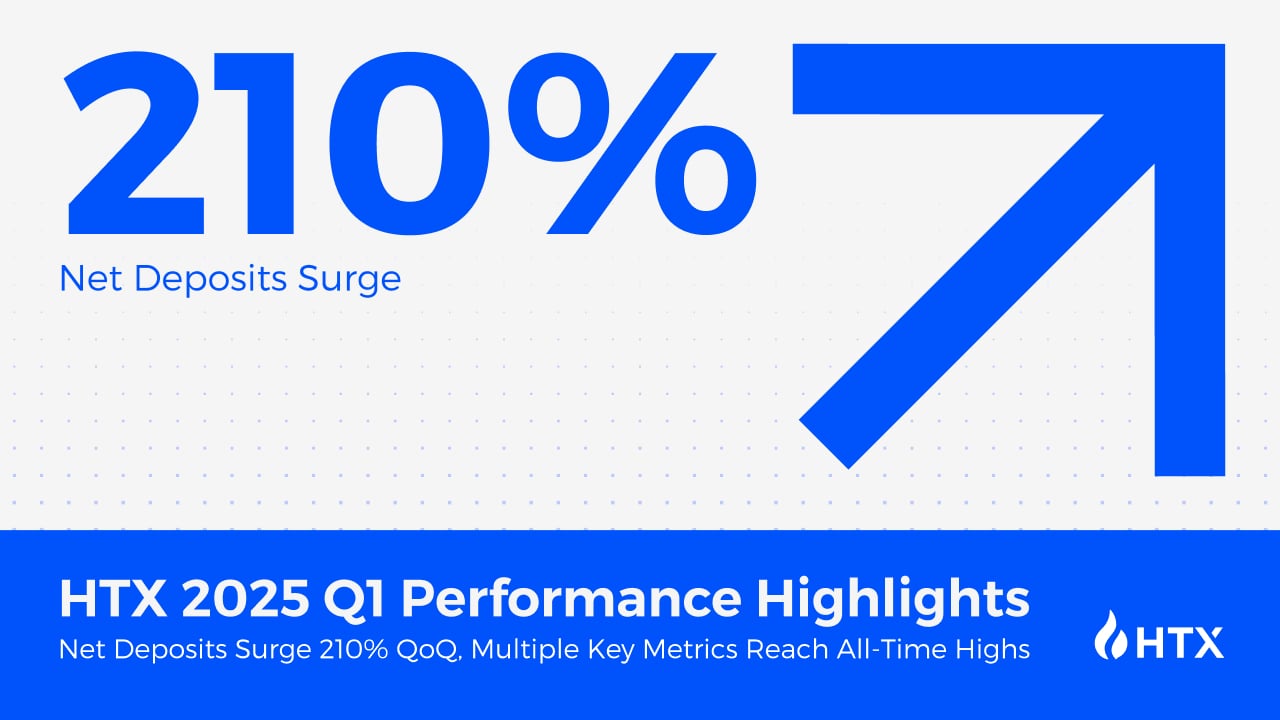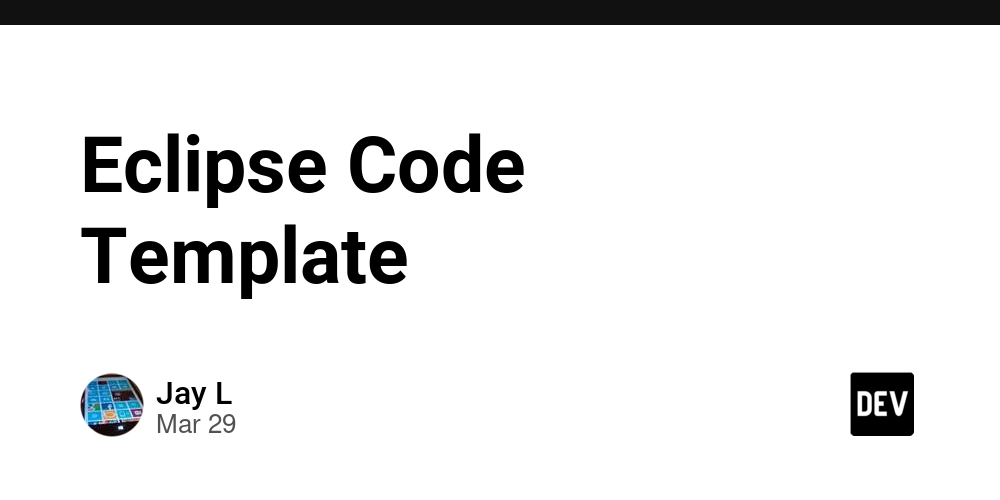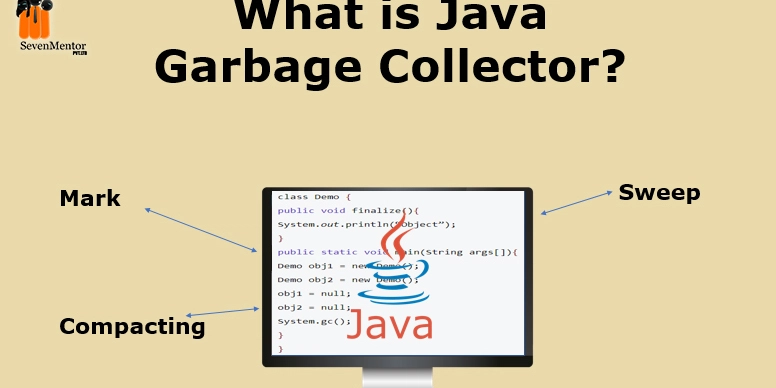Navigating Common Hosting Pitfalls: Solutions for Freelancers and Developers
Navigating Common Hosting Pitfalls: Solutions for Freelancers and Developers Choosing the right web hosting can feel like navigating a labyrinth filled with potential traps. As freelancers and developers, the stakes are high; your reputation and client satisfaction hinge on reliable performance and uptime. The truth is, even seasoned pros can stumble into common pitfalls when selecting hosting solutions. Here’s a guide to help you avoid these missteps and ensure your online projects run smoothly. Understanding Hosting Types Before diving into the pitfalls, it’s essential to understand the different types of hosting available. Each option serves different needs, so aligning them with your project requirements is crucial. Shared Hosting: This is the most economical option, where multiple websites share the same server resources. While it’s perfect for small projects or personal sites, it often leads to performance issues as traffic increases. VPS Hosting: A step up from shared hosting, VPS (Virtual Private Server) hosting provides dedicated resources within a shared environment. It’s ideal for freelancers and small agencies that need more control and performance without breaking the bank. Explore VPS Hosting Options. Dedicated Hosting: This option gives you an entire server dedicated to your website. It’s the best choice for large-scale applications or e-commerce sites with high traffic. However, it comes with a higher price tag and requires more technical expertise. Cloud Hosting: This flexible solution allows you to scale resources as needed and provides excellent uptime. It’s perfect for businesses that expect fluctuating traffic. Understanding these categories will help you make informed decisions, avoiding the common pitfall of overspending on unnecessary resources. Common Hosting Pitfalls to Avoid 1. Ignoring Performance Metrics One of the most significant mistakes is overlooking performance metrics such as uptime, load times, and server response times. A slow-loading website can lead to higher bounce rates and lower search engine rankings. Always check for: Uptime Guarantees: Aim for a provider that offers at least 99.9% uptime. Load Speed: Research the average load speeds of potential hosts. A delay of just a second can cost you visitors. Scalability: Choose a host that allows you to upgrade your plan easily as your business grows. 2. Choosing the Wrong Support When problems arise, timely support is critical. Many freelancers and developers make the mistake of selecting hosting providers based solely on price, neglecting the importance of customer support. Look for: 24/7 Support: Ensure you can reach support any time of day or night. Multiple Channels: A good host should offer support via chat, email, and phone. Knowledge Base: An extensive knowledge base or community forums can help you solve issues without needing direct support. 3. Underestimating Security Features In the era of data breaches, neglecting security features is a risk no freelancer or developer can afford. Ensure your hosting provider includes: SSL Certificates: Essential for securing data and building trust with your users. Regular Backups: Automatic backups can save you from catastrophic data loss. Malware Scanning: A proactive approach to identifying threats can protect both your site and your clients’ data. Evaluating Hosting Providers Navigating the vast hosting market can be daunting, but a systematic approach can simplify your decision-making process. Start by creating a checklist based on your project needs, including: Price vs. performance Support options and availability Security measures and compliance standards User reviews and case studies Once you have a list, compare providers side by side. This method not only clarifies your choices but also helps you avoid the pitfalls associated with impulsive decisions. Final Thoughts The right hosting provider can make or break your online presence. By avoiding common pitfalls and focusing on what truly matters—performance, support, and security—you’ll set yourself and your clients up for success. Always remember, whether you’re a freelancer or running a web agency, the foundation of your digital projects starts with reliable hosting. Take the time to evaluate your options thoroughly, and your business will thrive in the competitive online landscape.
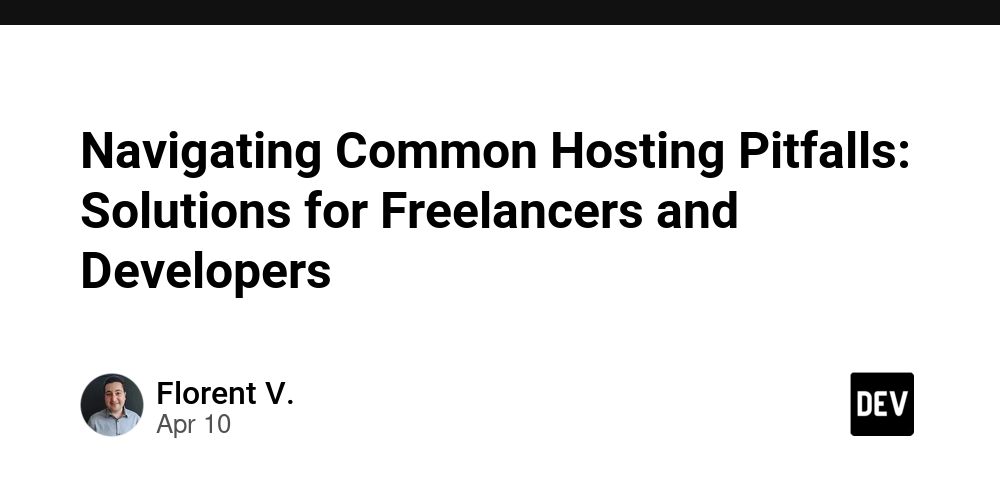
Navigating Common Hosting Pitfalls: Solutions for Freelancers and Developers
Choosing the right web hosting can feel like navigating a labyrinth filled with potential traps. As freelancers and developers, the stakes are high; your reputation and client satisfaction hinge on reliable performance and uptime. The truth is, even seasoned pros can stumble into common pitfalls when selecting hosting solutions. Here’s a guide to help you avoid these missteps and ensure your online projects run smoothly.
Understanding Hosting Types
Before diving into the pitfalls, it’s essential to understand the different types of hosting available. Each option serves different needs, so aligning them with your project requirements is crucial.
Shared Hosting: This is the most economical option, where multiple websites share the same server resources. While it’s perfect for small projects or personal sites, it often leads to performance issues as traffic increases.
VPS Hosting: A step up from shared hosting, VPS (Virtual Private Server) hosting provides dedicated resources within a shared environment. It’s ideal for freelancers and small agencies that need more control and performance without breaking the bank. Explore VPS Hosting Options.
Dedicated Hosting: This option gives you an entire server dedicated to your website. It’s the best choice for large-scale applications or e-commerce sites with high traffic. However, it comes with a higher price tag and requires more technical expertise.
Cloud Hosting: This flexible solution allows you to scale resources as needed and provides excellent uptime. It’s perfect for businesses that expect fluctuating traffic.
Understanding these categories will help you make informed decisions, avoiding the common pitfall of overspending on unnecessary resources.
Common Hosting Pitfalls to Avoid
1. Ignoring Performance Metrics
One of the most significant mistakes is overlooking performance metrics such as uptime, load times, and server response times. A slow-loading website can lead to higher bounce rates and lower search engine rankings. Always check for:
- Uptime Guarantees: Aim for a provider that offers at least 99.9% uptime.
- Load Speed: Research the average load speeds of potential hosts. A delay of just a second can cost you visitors.
- Scalability: Choose a host that allows you to upgrade your plan easily as your business grows.
2. Choosing the Wrong Support
When problems arise, timely support is critical. Many freelancers and developers make the mistake of selecting hosting providers based solely on price, neglecting the importance of customer support. Look for:
- 24/7 Support: Ensure you can reach support any time of day or night.
- Multiple Channels: A good host should offer support via chat, email, and phone.
- Knowledge Base: An extensive knowledge base or community forums can help you solve issues without needing direct support.
3. Underestimating Security Features
In the era of data breaches, neglecting security features is a risk no freelancer or developer can afford. Ensure your hosting provider includes:
- SSL Certificates: Essential for securing data and building trust with your users.
- Regular Backups: Automatic backups can save you from catastrophic data loss.
- Malware Scanning: A proactive approach to identifying threats can protect both your site and your clients’ data.
Evaluating Hosting Providers
Navigating the vast hosting market can be daunting, but a systematic approach can simplify your decision-making process. Start by creating a checklist based on your project needs, including:
- Price vs. performance
- Support options and availability
- Security measures and compliance standards
- User reviews and case studies
Once you have a list, compare providers side by side. This method not only clarifies your choices but also helps you avoid the pitfalls associated with impulsive decisions.
Final Thoughts
The right hosting provider can make or break your online presence. By avoiding common pitfalls and focusing on what truly matters—performance, support, and security—you’ll set yourself and your clients up for success. Always remember, whether you’re a freelancer or running a web agency, the foundation of your digital projects starts with reliable hosting. Take the time to evaluate your options thoroughly, and your business will thrive in the competitive online landscape.




































































![[The AI Show Episode 144]: ChatGPT’s New Memory, Shopify CEO’s Leaked “AI First” Memo, Google Cloud Next Releases, o3 and o4-mini Coming Soon & Llama 4’s Rocky Launch](https://www.marketingaiinstitute.com/hubfs/ep%20144%20cover.png)






















































































































































































































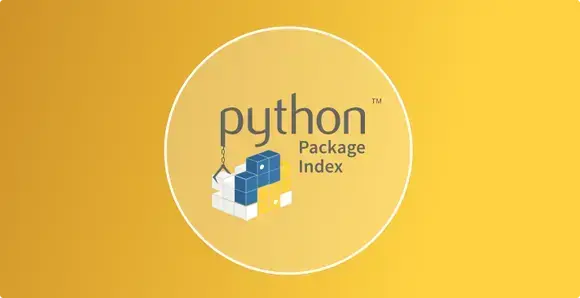
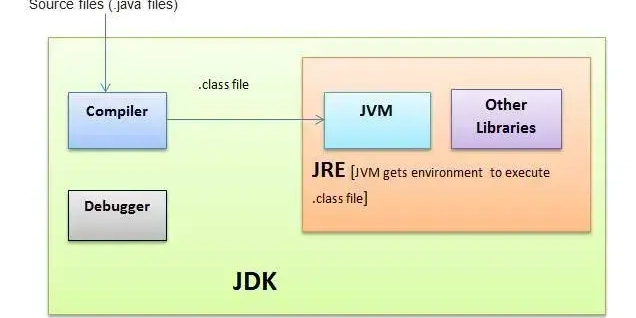




























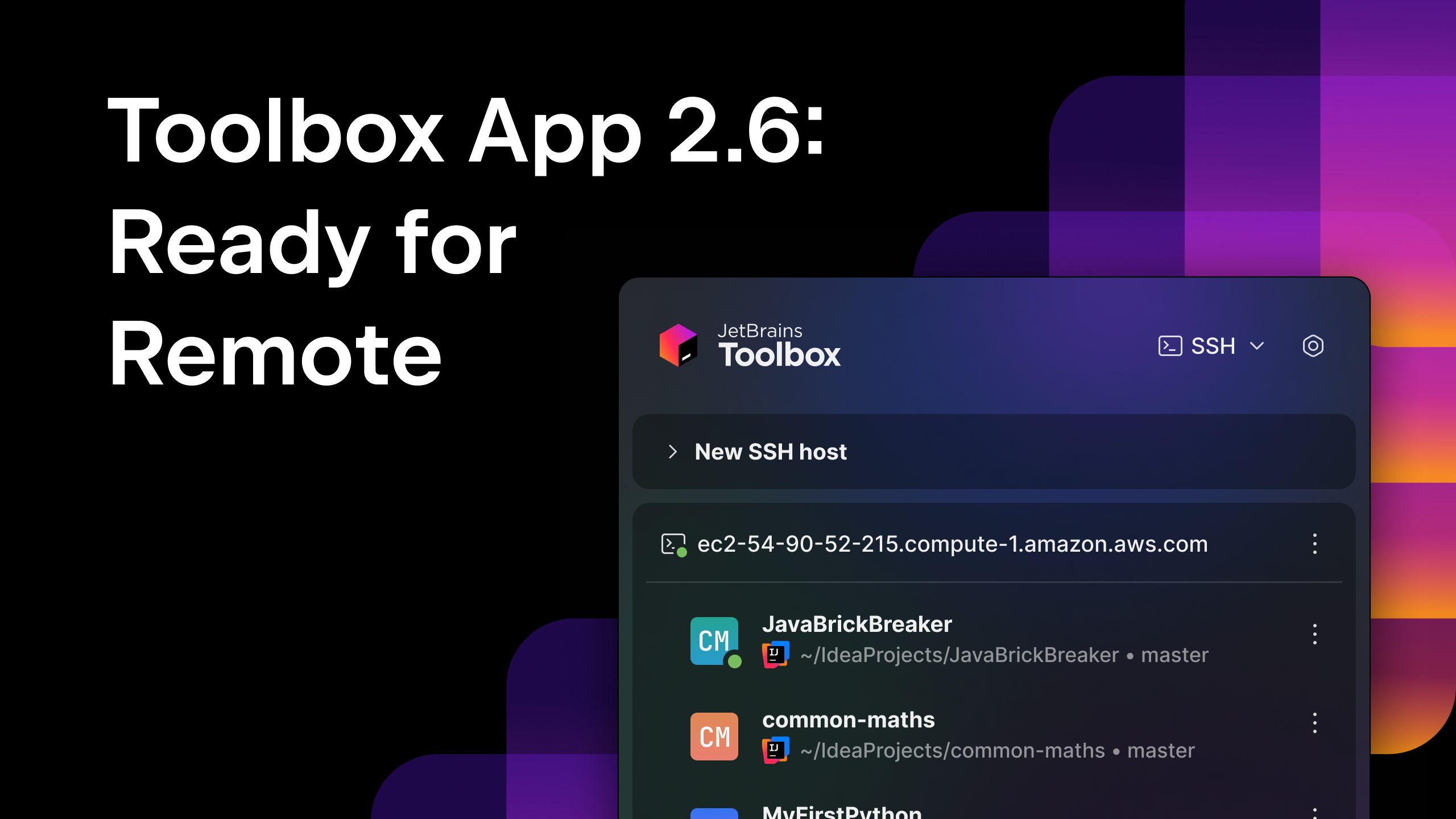








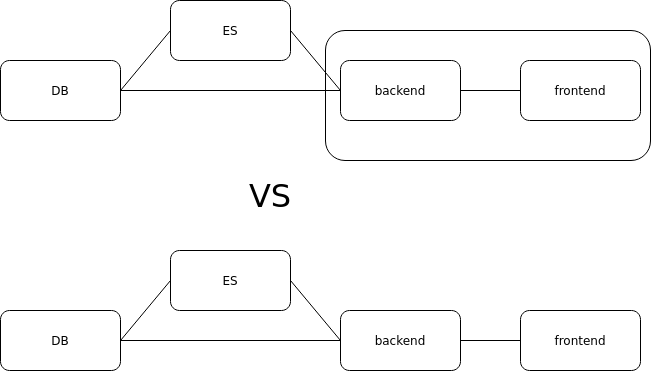
























.jpg?width=1920&height=1920&fit=bounds&quality=70&format=jpg&auto=webp#)

























































.png?#)



























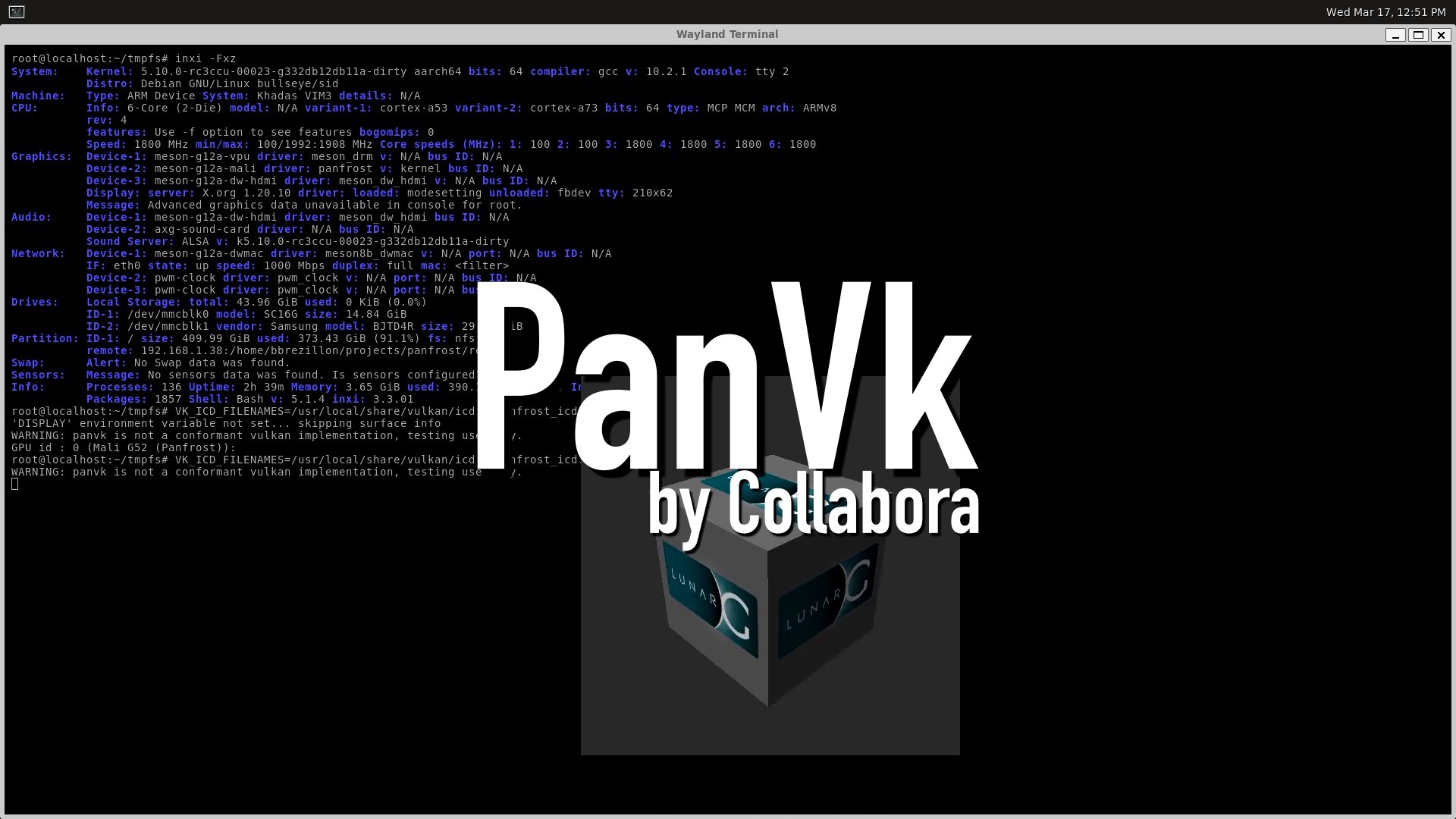





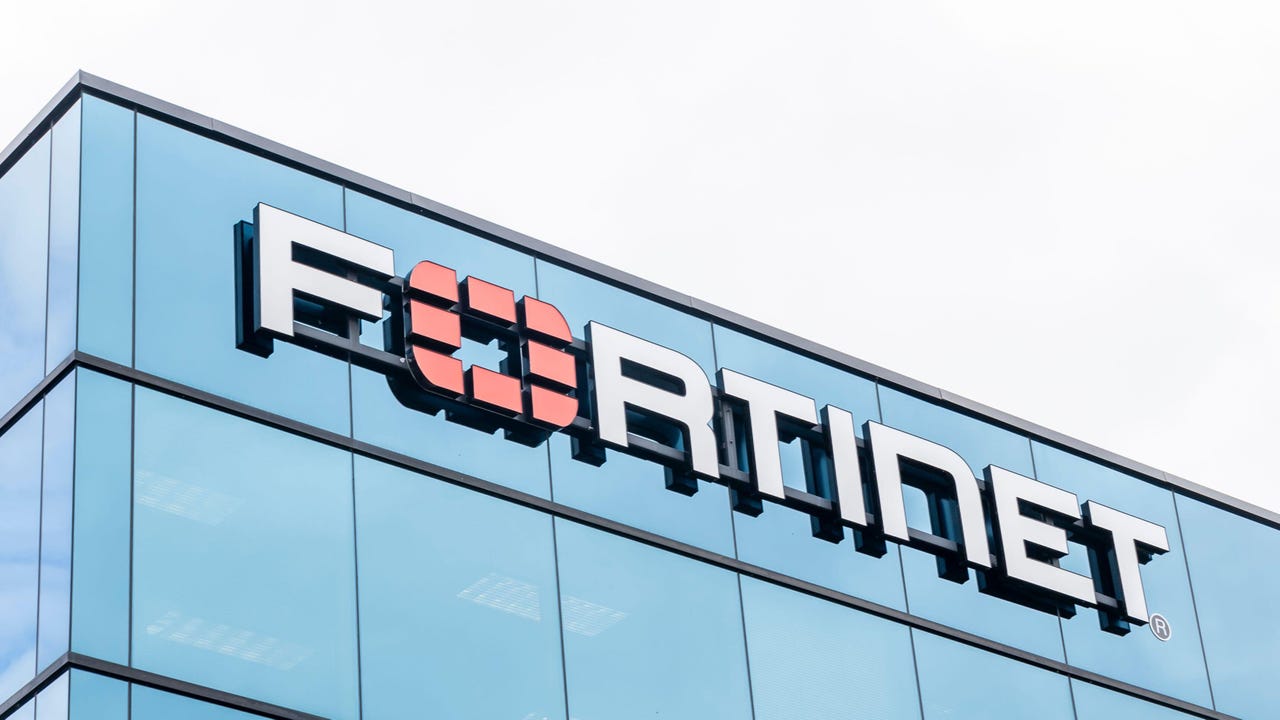




.webp?#)










































































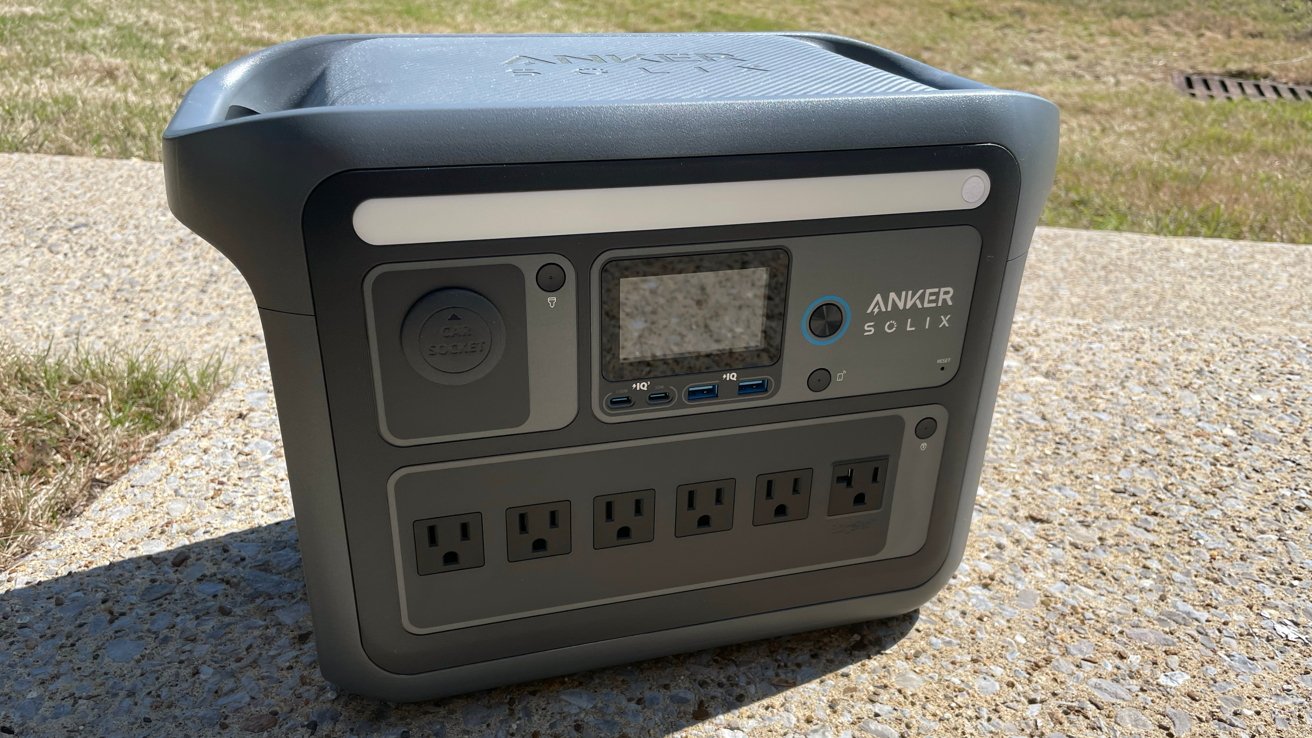









![Leaker vaguely comments on under-screen camera in iPhone Fold [U]](https://i0.wp.com/9to5mac.com/wp-content/uploads/sites/6/2025/04/iPhone-Fold-will-have-Face-ID-embedded-in-the-display-%E2%80%93-leaker.webp?resize=1200%2C628&quality=82&strip=all&ssl=1)


![[Fixed] Gemini app is failing to generate Audio Overviews](https://i0.wp.com/9to5google.com/wp-content/uploads/sites/4/2025/03/Gemini-Audio-Overview-cover.jpg?resize=1200%2C628&quality=82&strip=all&ssl=1)













![Apple Seeds tvOS 18.5 Beta 2 to Developers [Download]](https://www.iclarified.com/images/news/97011/97011/97011-640.jpg)
![Apple Releases macOS Sequoia 15.5 Beta 2 to Developers [Download]](https://www.iclarified.com/images/news/97014/97014/97014-640.jpg)






















































































































